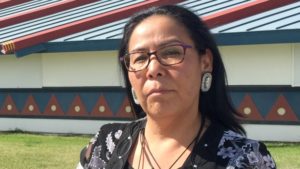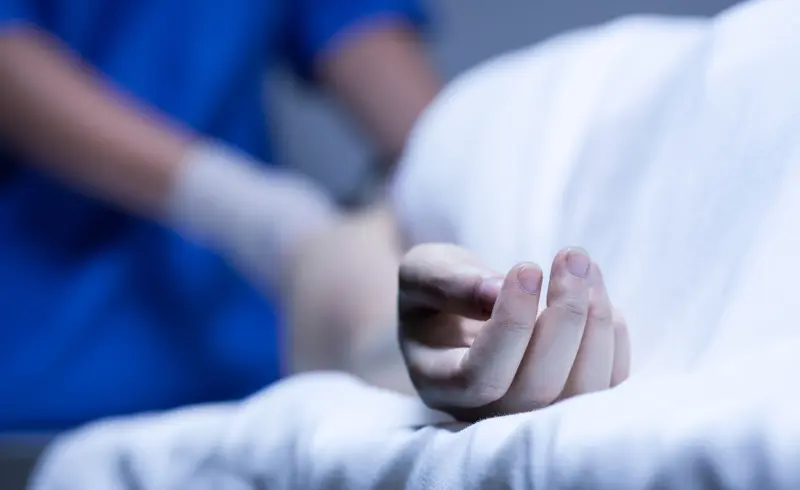
With efforts being made to address the many Indigenous health issues in Canada, the recommendations put forth by the Truth and Reconciliation Commission, and the high suicide rate in some Indigenous communities, a text sent out by an Alberta Health Services employee has generated much anger and disappointment.
According to an article found on the CBCNews Calgary website,
An Alberta Health Services employee has been suspended after using a racial slur in a text message to refer to a Kainai Board of Education school principal.
The texts sent by the AHS employee on Monday refer to a colleague apparently being disciplined during a training event on the Kainai First Nation, also known as the Blood Tribe First Nation, which is southwest of Lethbridge and about 200 km south of Calgary.
However, the AHS employee accidentally sent the texts to an employee at the Kainai Board of Education.
Ramona Big Head — principal of Tatsikiisaapo’p Middle School in Stand Off — said she’s referred to in one of the texts as a “rabid squaw.”
Click here to read the full CBC story.
Here is a follow-up article pertaining to the above story.





